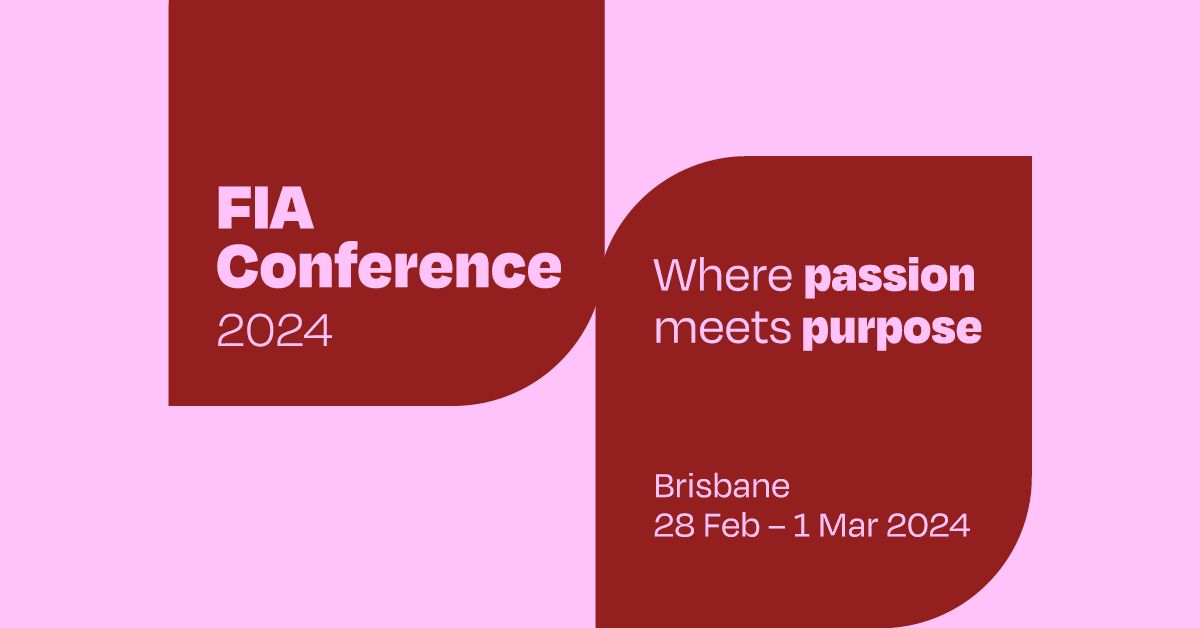The Importance of Workplace Culture: Not Just a 2021 Trend
The Importance of Workplace Culture: Not Just a 2021 Trend
Whilst the focus on workplace culture is by no means new for many organisations, the conversation has certainly been amplified by the impacts of COVID-19 in 2020.
As a ‘new normal’ begins to emerge, making way for the hybrid workplace, organisational leaders are battling with a culture that is in flux. Despite an optimistic outlook, many organisations are healing from layoffs, furloughs, and closures.
A pulse survey by O.C Tanner Institute reported a 91% decline in employee Net Promoter Score, a 49% decrease in engagement, and a 23% decrease in the likelihood employees felt supported, by the organisations they surveyed.
A focus on people and workplace culture has never been more critical to the success of an organisation.
Despite continued fears surrounding the state of the pandemic and financial fragility for many, the basic need of safety and security has seen Australian’s questioning the efforts of their employers when it comes to employee wellbeing and support.
Our own research into Meaningful Work found that 54% of respondents said that ‘trust of managers’ was the most important contributor of meaningful work. And from an organisational perspective, it is common knowledge that a high level of trust between managers and employees defines the best workplaces and drives overall company performance and revenue.
As Stephen M. R. Covey writes in The Speed of Trust, “When trust goes down (in a relationship, on a team, in an organisation, or with a customer), speed goes down and cost goes up...The inverse is equally true: When trust goes up, cost goes down, and speed goes up.”
For organisations that haven’t fared well with the employee wellbeing piece, may be left feeling vulnerable as a booming recruitment market will appeal to their top talent.
HRD reported that the latest data from ADP saw a 40% increase YOY in employers increasing their efforts to promote employee wellness (such as benefits, paid time off, and employee assistance programs).
- Communication – clear and transparent communication, from the top-down and bottom-up, is vital to building trust and commitment throughout an organisation. Even the most difficult messages need to be addressed in the same manner. In fact, it is in the more challenging times, that clear and transparent communication is essential and will see trust levels soar.
- Health and Resilience – take a proactive approach to supporting your people’s health and resilience levels.
High-performing teams are at high risk of burnout and are often the last to recognise it until it's too late. Build frameworks and policies that promote health and resilience, in the same way you build reward systems that promote performance. For instance, at Beaumont People, we adopted a 4-Day Work Week policy and a focus on Objectives and Key Results (OKRs) over number of hours worked. We also encourage EAP sessions frequently, and not just during times of stress, as well as provide training on how to manage workload. - Professional Development – provide opportunities for continued learning. Be it through formal training or peer-to-peer learning opportunities, professional development is an attractive differentiator for many employees and job seekers. Through our own Mentoring Programs and Strengths Profile Assessments, we see first-hand the significant contribution that professional development and self-awareness offers when it comes to the growth of team members.
- Meaningful Work – understand what factors provide meaning to your people. Our own vision to connect people to organisations that provide meaningful work, saw us research and develop the Meaningful Work Profile Tool that provides individuals and organisations with an assessment profile, indicating how much value is placed on meaningful work factors. Understanding these factors, allows you to design and implement initiatives that will increase engagement, commitment, and overall performance.
Those who have paused to reflect on putting people first can expect accelerated results, as employees feel a deeper level of commitment and satisfaction towards their employer.
'Placing People First‘ is an ethos here at Beaumont People. Keeping employee wellbeing central to all decisions has seen us being recognised by Great PlaceToWork (ranking 4th for companies with under 100 employees in 2020), and AFR BOSS Best Place To Work in 2021 (Most Outstanding Practice - Employee Flexibility and ranking 2nd in the Professional Services category) - affirmation that we are on the right path.
The key areas for us when designing a thriving workplace culture include:
Creating a thriving and sustainable workplace culture requires consistency, longevity, and commitment by all within the organisation.
It is an integral part of a business and should be at the forefront of leader’s minds. Simon Sinek, Author of best-known for Start With Why says, “When people are financially invested, they want a return. When people are emotionally invested, they want to contribute.”
For us, it is an ongoing agenda item for the leadership team, as we consider the impact of all our decisions, on our people, week in and week out. But the responsibility also lies on each team member, to ensure our values and purpose are upheld as we all contribute to healthy workplace culture.
Whilst COVID-19 in 2020 threw culture back into the spotlight, seeing it thrown around like the latest ‘buzz’ word in 2021, it is by no means just a 2021 trend. Creating a great culture is, and always will be, crucial to organisational success, ultimately leading to higher employee engagement, retention, attraction, and meaningfulness at work.
If you would like to learn more about Beaumont People’s award-winning initiatives and how to create a thriving culture of your own, reach out to our Consulting team here.
Share This blog
Recent Articles










